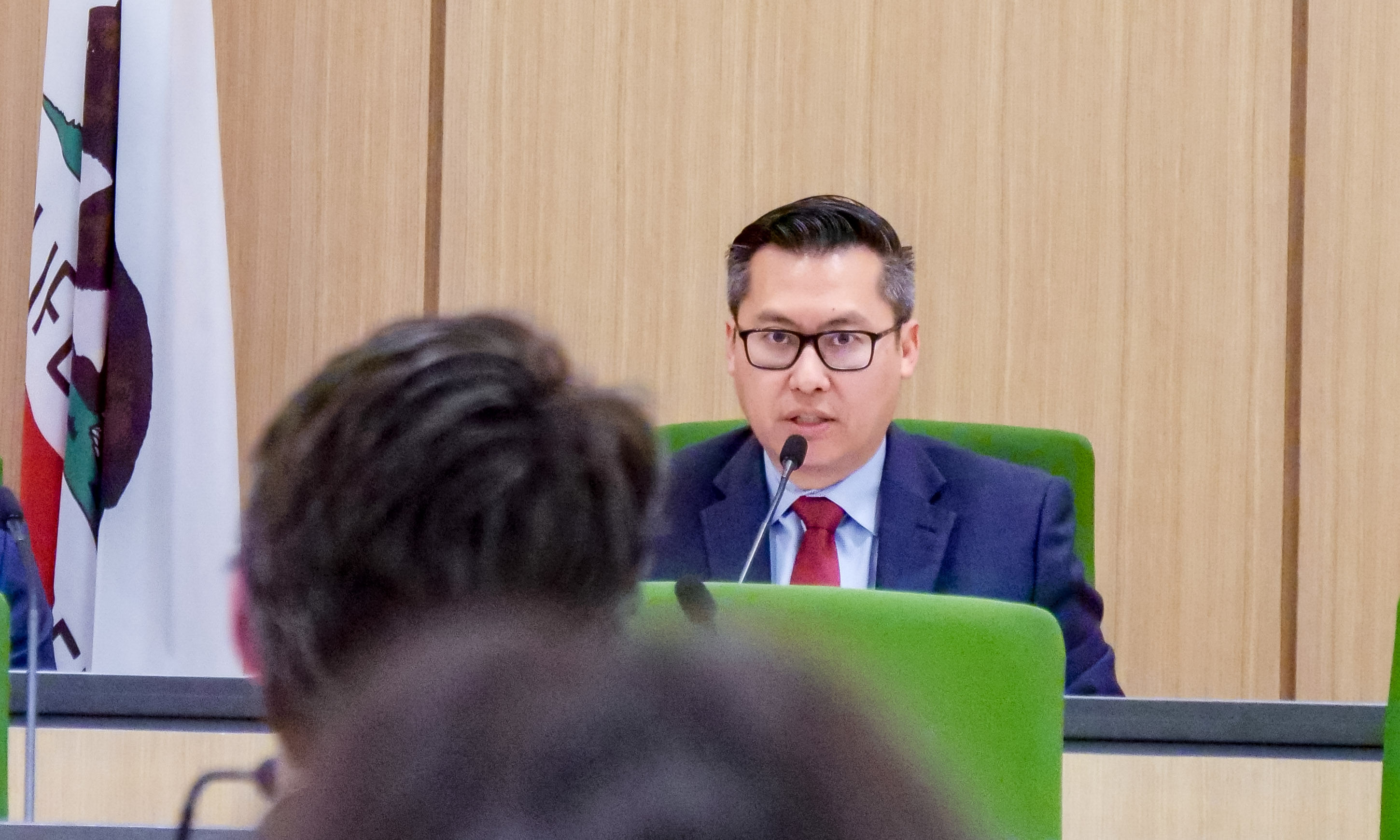Rep. Vince Fong (R-Calif.) was on the ballot in two races—one each for the state Assembly and the House of Representatives—and he is leading both contests by wide margins in preliminary results.
The U.S. congressman received nearly twice the number of votes, at 65.3 percent, as his Republican challenger Mike Boudreaux for the 20th district seat—which Fong has held since June after Rep. Kevin McCarthy (R-Calif.) resigned.
After redistricting in 2022, the district now represents parts of Fresno, Kern, Kings, and Tulare counties.
“It is an honor and privilege to serve the Central Valley in Washington, D.C.,” Fong said in a statement Nov. 5 on X. “I look forward to continuing to work on the important issues facing our communities—securing the border, growing our economy, bringing investments in water storage and infrastructure, unleashing our energy industry, and keeping the United States safe amidst the grave security threats facing our nation.”
In the state’s 32nd Assembly district, Fong received about 34,000 votes more than his opponent Republican Ken Weir, as of the latest update Nov. 19, in the race for the seat he held since 2016.
He can resign that position once his congressional win is certified, and Gov. Gavin Newsom will then be required to call a special election next year to fill the vacant seat.
The path to appearing twice on the ballot began when Fong filed paperwork in November 2023 to run for reelection for his assembly position.
Less than two weeks later, McCarthy announced he would not seek re-election, and Fong subsequently filed documents to run for the 20th congressional district seat.
Before he was elected to the Assembly, Fong served as district director for McCarthy and later received his former boss’s endorsement to replace him in the House of Representatives.
Fong won a special election in the March primary to serve out the rest of McCarthy’s term.
California’s Legislature passed primary election laws in 1913 that prevented candidates from running for more than one office during the same primary election.
Shirley Weber, California’s secretary of state, cited the code when she informed Fong in December 2023 of her decision to not accept his nomination for Congress.
A week later, Fong sued in superior court, seeking to force Weber to include his name on the ballot.
On Dec. 28, 2023, the Sacramento court decided in the candidate’s favor.
Weber appealed the decision, but the state’s Third Appellate Court upheld the superior court’s ruling on April 9.
“If the Legislature wants to prohibit candidates from running for more than one office at the same election, it is free to do so,” Justice P.J. Earl wrote in the appeal court’s decision. “Unless and until it does so, however, we must take section 8003 as we find it and enforce it as written.”
Weber reacted to the court’s ruling by calling for more legislative action.
“We disagree with and are disappointed with the Court of Appeals ruling,” she said at the time in a statement. “The opinion runs contrary to California history and practice.”
She pinpointed the comments made by justices and suggested the decision could impact the state.
“Both the Court of Appeals and trial court recognize this ruling leaves the door open to chaos, gamesmanship and voter disenfranchisement, and disadvantages other candidates,” Weber stated. “My office sought to avoid such problems through this litigation.”
Rob Bonta, California attorney general, also unsuccessfully attempted to block the candidate from appearing on the ballot in two places.
For a century prior, California courts, the state’s attorney general—in opinions published in 1940 and 1960— and its Supreme Court, in a 1982 ruling, interpreted the law as blocking individuals from running for two positions on the same ballot, according to legislative analyses of a bill passed this year to clarify the law.
Lawmakers responded to the legal ambiguity created by the ballot issue by passing Assembly Bill 1784, introduced by Assemblywoman Gail Pellerin.
Signed into law by Newsom in September, the legislation declares that preventing candidates from running for multiple offices in one election “serves important governmental interests, including regulating the number of candidates who appear on the ballot, limiting gamesmanship, avoiding voter confusion, preventing unnecessary special elections, and facilitating the operation of the state’s prohibition on holding incompatible offices.”
AB 1784 codifies laws that no person can run for more than one office at a time, creates a process for candidates to remove their nominations if desired, and requires officials to reject nominations if individuals file for more than one office.
With ballot counting still underway, the secretary of state has until Dec. 13 to certify the election results. More details about the timing of a special election are expected in the weeks after tallies are official.
Fong’s campaign did not respond to requests for comment by The Epoch Times before publication.














